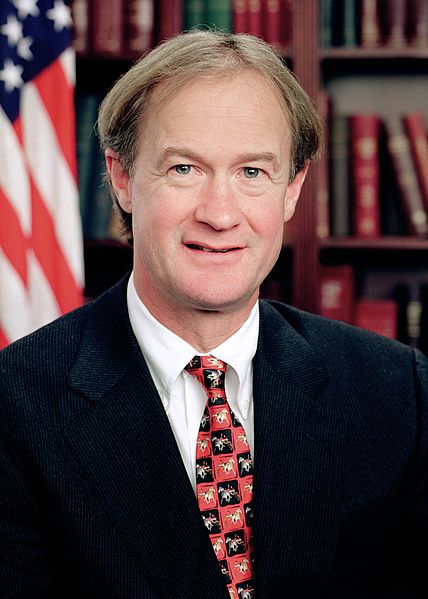Cross-posted from Alternet.org:
Will Drug Lord Do Less Time Than the Average American Nonviolent Drug Offender?
by Tony Papa,
The U.S. government recently praised the arrest of Colombia's top drug lord Diego Montoya when he was captured earlier this month. Law enforcement and military officials say it was a powerful blow to Colombia's most powerful drug cartel, comparing it to the capture of Al Capone during Prohibition.
Montoya, who had been on the FBI's top ten most wanted list, is said to be responsible for providing as much as 70 percent of all the cocaine in the United States. In 1999, a $5 million bounty for his capture and extradition was offered after he was indicted in a federal court in Miami.
There is much talk about how this capture will affect the drug trade and the flow of drugs into the United States. But the question on my mind is how much time will he serve when he is brought to the United States to stand trial for the death and destruction he has caused? I would be willing to bet that he will get less time than many Americans who are now serving extraordinarily long sentences, many for low-level, nonviolent drug law violations under the notorious mandatory minimum sentencing laws. Some would ask how would I come to this conclusion.
If you look at the recently completed federal sentence of former Panamanian dictator Manuel Noriega, who served a 17-year federal sentence for drug trafficking, it might give you a hint what is in store for Montoya. In Noriega's case the U.S. attorney negotiated deals with 26 high-level drug dealers, including drug lord Carlos Lehder. They in turn received a package of perks that included leniency and cash payments, and were allowed to keep their drug earnings in return for testimony against the infamous general who was once a strong United States ally before he fell from grace in 1989, when the U.S. invaded Panama.
There are many Americans in prison that are serving sentences of more than 17 years in prison for simple drug crimes. These are marginalized offenders that don't have the bargaining chips to establish deals. For example, Elaine Bartlett, a mother of four, served a 20-to-life sentence under the Rockefeller Drug Laws for seven ounces of cocaine. Her husband, Nathan Brooks, was sentenced to 25 years to life. The list goes on and on. There are an estimated 500,000 Americans locked up because of the drug war. Many of them are serving lengthy sentences because of a 30-year government campaign to demonize illicit drug use and implement mandatory minimum sentencing.
In 1986, mandatory minimum sentencing laws were enacted by Congress, which compelled judges to deliver fixed sentences to individuals convicted of certain crimes, regardless of mitigating factors or culpability. Federal mandatory drug sentences are determined based on three factors: the type of drug, weight of the drug mixture (or alleged weight in conspiracy cases), and the number of prior convictions. Judges are unable to consider other important factors, such as the offender's role, motivation and the likelihood of recidivism.
The push to incarcerate drug offenders has been further exacerbated through the current federal sentencing law that punishes crack cocaine offenders much more severely than offenders possessing other types of drugs, for example, powder cocaine. Distributing just five grams of crack carries a minimum five-year federal prison sentence while distributing 500 grams of powder cocaine carries the same sentence. This 100:1 sentencing disparity has been almost universally criticized for its racially discriminatory impact by a wide variety of criminal justice and civil rights groups, and in Congress. Although whites and Hispanics form the majority of crack users, the vast majority of those convicted for crack cocaine offenses are African Americans.
Because of the war on drugs, which mandates mandatory minimum sentencing, average drug offenders are routinely elevated to kingpin status and condemned to serve out long prison sentences that should be reserved only for actual drug kingpins, not individuals that are fabricated to that level. It's time to end these draconian laws and implement a sentencing structure that promotes fairness and justice. Read more!



















